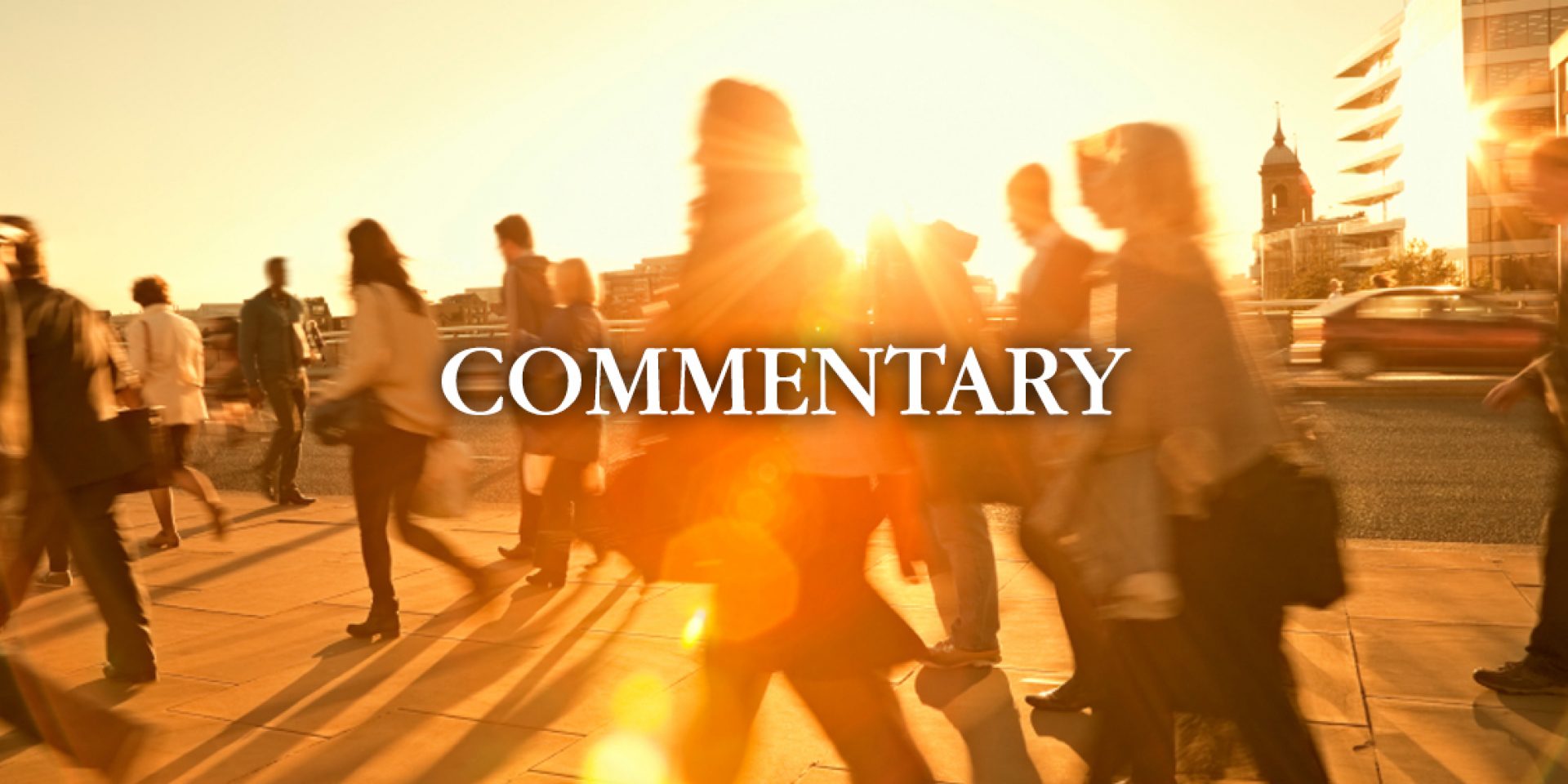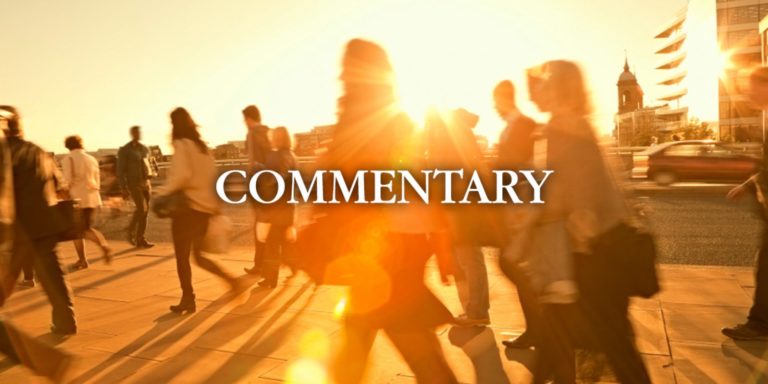The death of Queen Elizabeth II marked the end of a long and prosperous era and the beginning of a new one. She was a part of our lives almost all over the world, and she was our neighbour in our offices in Carlton Gardens. Paddington Bear’s lovely and moving tribute, “Thank you, Ma’am, for everything” is a reminder that he first appeared in 1958. Their tea at Buckingham Palace may have been very much CGI for her Platinum Jubilee earlier this year, but she would likely have read his books to her own children over tea and biscuits, and an occasional marmalade sandwich, as they were published.
Historical moments like these are opportunities to reflect on events and how they have shaped our lives. The Queen’s reign coincided with the post-World War II era of unprecedented progress and prosperity for humanity. War, reconstruction, conflict, poverty, economic depression, inequality, discrimination and intolerance all featured prominently throughout the period and yet peoples, governments, economies and markets found ways to be resilient and to deliver for the common good. We have innumerable facts and statistics to prove what this has meant in terms of life expectancy, income and quality of life, but also the preservation and increase in the value of assets and returns from investing in companies and markets.
There is no reason to believe that the new era we are in will be less promising, peaceful and prosperous than the era that has just closed. The longer the time horizon, the clearer the perspective, the less the focus on short-term volatility and the greater the ability to have confidence and see opportunities where others are fearful and see only risks.
We would do well to consider that perspective in thinking about the opportunities and risks we face today. The Covid-19 pandemic has been a defining event, and although it may appear as if it is in the distant past, its impact is still pervasive. Governments and central banks were able to avoid a global collapse through fiscal and monetary policy that will take time to unwind. The geopolitical situation is fraught as the dreadful Russia/Ukraine conflict has entered a new phase which has increased risks but has also caused China and India, global powers that have their own politics and incentives, to issue statements that indicate that they too are concerned with global peace and prosperity.
There are significant global bottlenecks in labour, resources and supply chains that are causing high rates of inflation. Some should ease as supply responds but others will be more persistent because of a need for longer-cycle investment or because of other structural reasons. Central banks were hawkish in August as they have been this month and US interest rates and inflation expectations are approaching levels that are consistent with a strongly growing economy, and with history.
The companies we invest in have strong underlying demand, both in terms of the results they reported earlier this quarter and in their updates this month. Some are impacted by shortages in different ways, and some are seeing consumption or orders impacted by short-term concerns. Markets have continued their volatility this month and investors have reacted strongly to real and perceived disappointments from companies and their announcements.
We will of course follow them closely but will keep our long-term perspective to invest in companies that have great quality for the long-term and to buy them at the great prices they are trading at because of the market volatility. Last month we were able to buy Disney as we discuss below and we are looking at other opportunities we hope to take advantage of.


